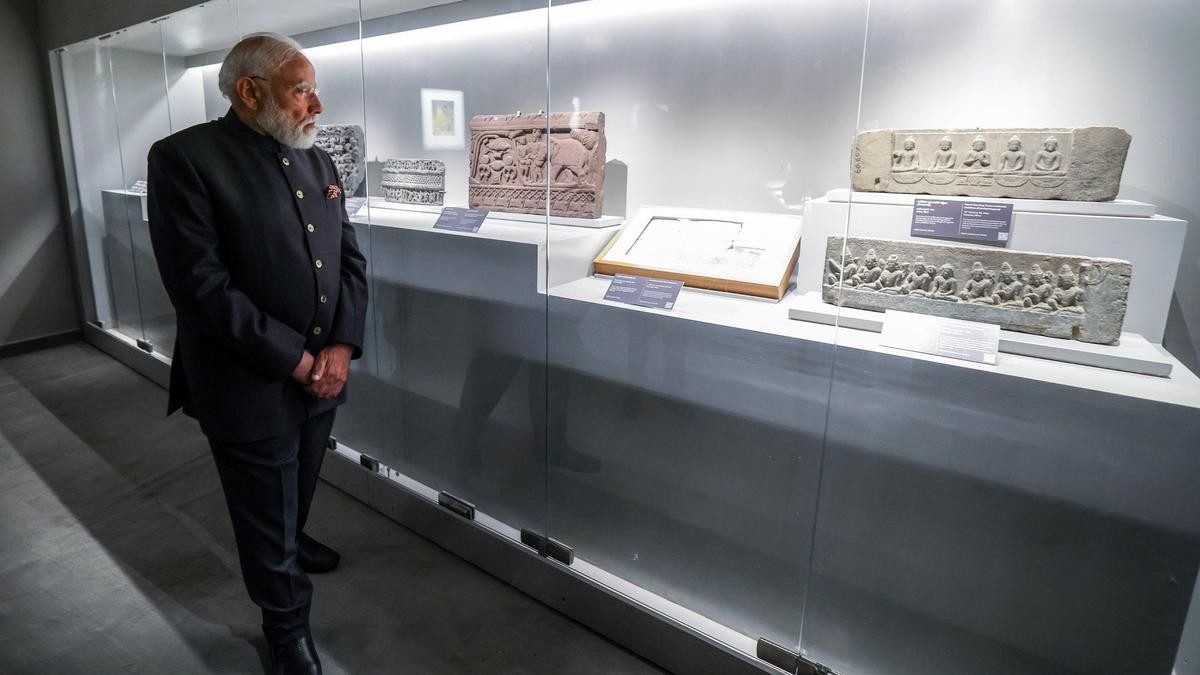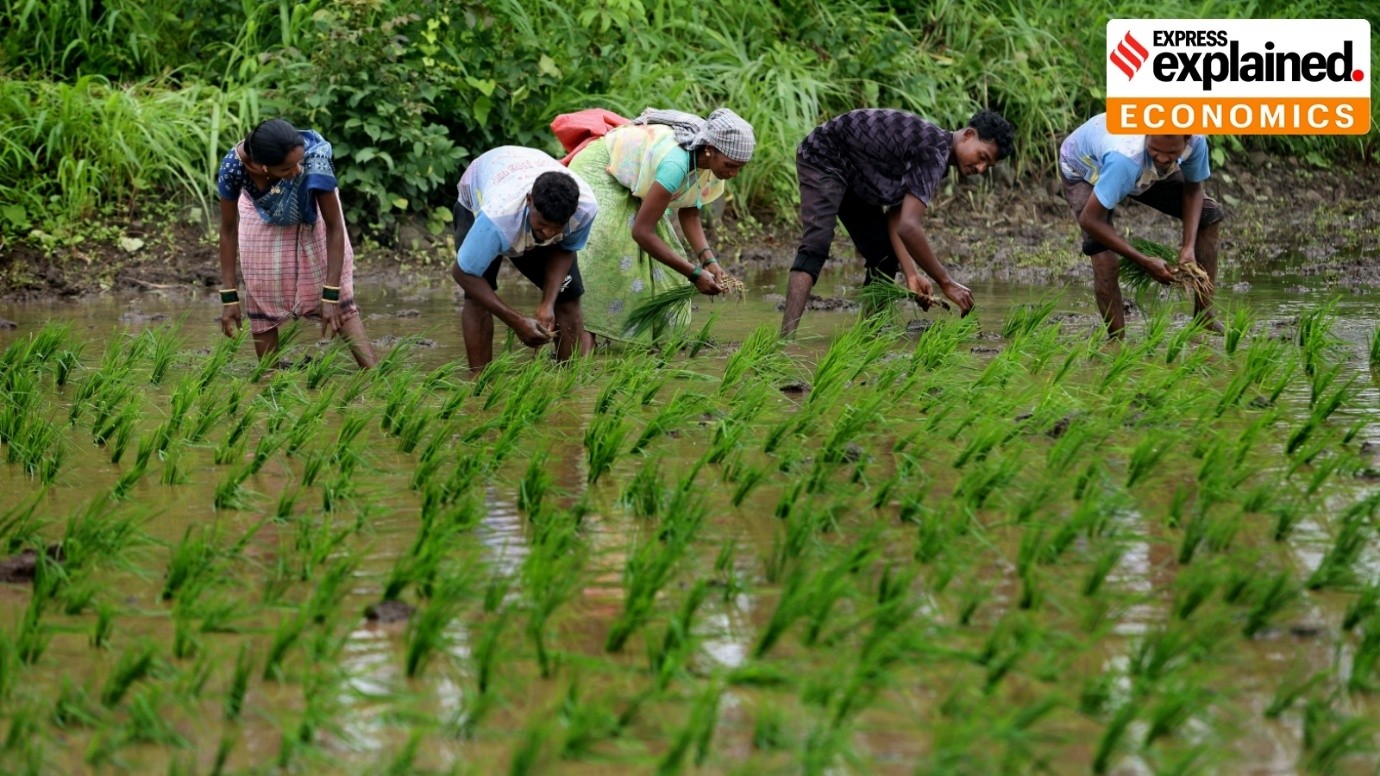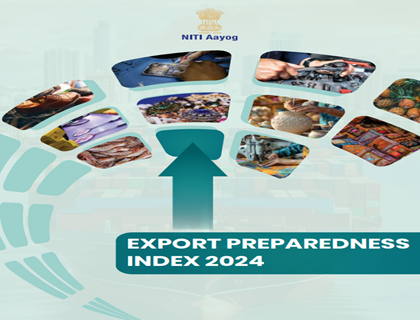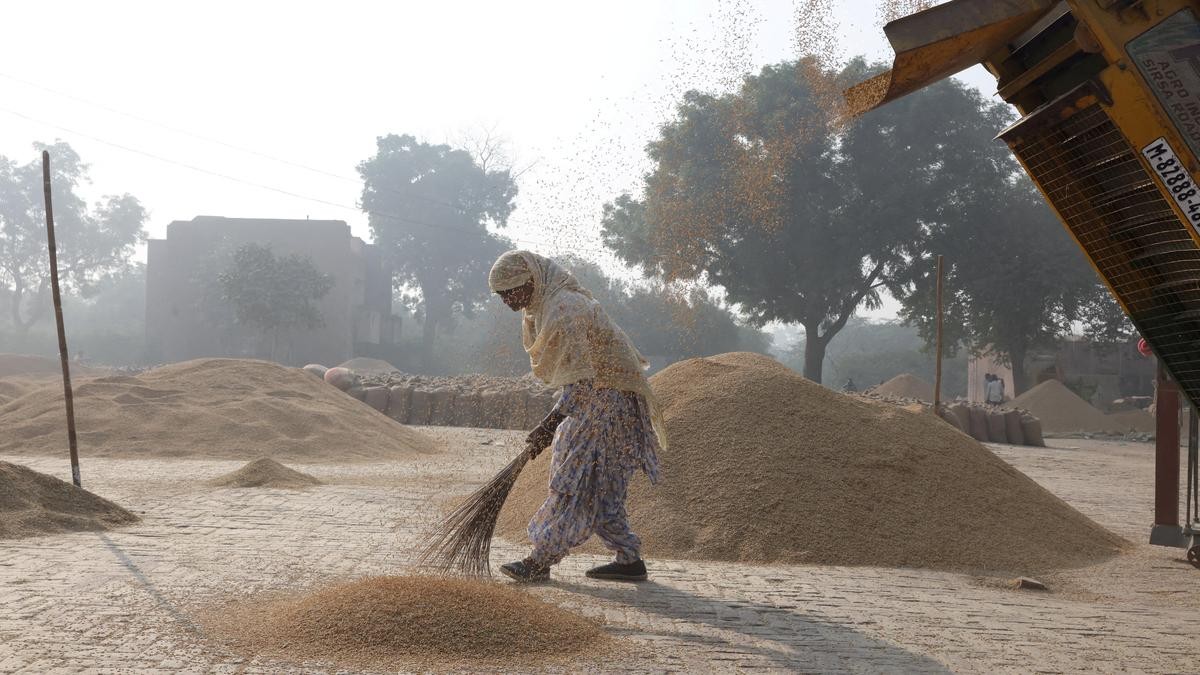Description
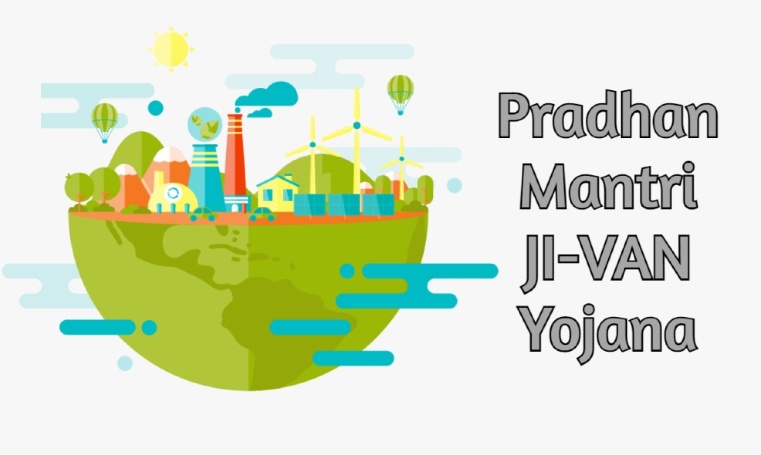
Disclaimer: Copyright infringement not intended.
Context
- The latest Tweet by PIB India states, Government had notified the Pradhan Mantri JI-VAN Yojana for providing financial support to integrated bio-ethanol projects.
Details
Pradhan Mantri JI-VAN (Jaiv Indhan- Vatavaran Anukool fasal awashesh Nivaran) Yojana aims to provide financial support to Integrated Bioethanol Projects using lignocellulosic biomass and other renewable feedstock.
Centre for High Technology (CHT), a technical body under the aegis of Ministry of Petroleum and Natural Gas (MoP&NG), will be the implementation Agency for the scheme.
Under the PM JI-VAN Yojana, the maximum financial assistance of Rs.150 crore per project for commercial projects and Rs.15 crore per project for demonstration projects has been prescribed for improving commercial viability as well as promoting R&D for development and adoption of technologies in the field of production of 2G ethanol.
Background
- Government of India launched Ethanol Blended Petrol (EBP) programme in 2003 for undertaking blending of ethanol in Petrol to address environmental concerns due to fossil fuel burning, provide remuneration to farmers, subsidize crude imports and achieve forex savings. Ministry of Petroleum & Natural Gas has targeted to achieve 10% blending percentage of Ethanol in petrol by 2022. Presently, EBP is being run in 21 States and 4 UTs of the country.
- Under EBP programme, Oil Marketing Companies are to blend upto 10% of ethanol in Petrol. In order to meet 10% ethanol blending target with a projected demand for petrol in 2021-22, about 450 crore litres of ethanol would be required. The estimated production of bioethanol in the country is around 300 crore litres, a large part of which is required for potable alcohol and chemical industries and the balance is used for Ethanol Blending Petrol (EBP) programme.
- The present policy allows procurement of ethanol produced from molasses and non-food feed stock like celluloses and lignocelluloses material including petrochemical route.
- Despite efforts of the Government such as higher ethanol prices and simplification of ethanol purchase system, the highest ever ethanol procurement stands around 150 crore litres during Ethanol supply year 2017-18 which is sufficient for around 4.22% blending on Pan India basis. Therefore, an alternate route viz. Second Generation (2G) Ethanol from biomass and other wastes is being explored by MoP&NG to bridge the supply gap for EBP programme. In this direction, "Pradhan Mantri JI-VAN Yojana" is being launched as a tool to create 2G Ethanol capacity in the country and attract investments in this new sector.
Objectives
The current scheme envisages setting up of 12 Commercial scale Second Generation (2G) Bioethanol projects and 10 demonstration scale 2G Bioethanol projects based on non-food biomass feedstocks and other renewable feedstocks. The objectives of the scheme are given below:
- Establish commercially viable projects for 2G Ethanol production.
- Provide remunerative income to farmers for their otherwise waste agriculture residues.
- Address concerns of environmental pollution caused by burning of biomass/ agriculture residues. d
- Help in meeting the targets envisaged in Ethanol Blended Petrol (EBP) programme promoted by Government of India & Government of India vision of 10% reduction in import dependence by way of reducing the use of fossil fuels.
- To create rural & urban employment opportunities.
- To contribute to Swacch Bharat Mission by supporting the aggregation of non-food biofuel feedstocks such as waste biomass and urban waste.
- Indigenisation of second generation biomass to ethanol technologies.
Implementation
- Under this Yojana, 12 Commercial Scale and 10 demonstration scale Second Generation (2G) ethanol Projects will be provided a Viability Gap Funding (VGF) support in two phases:
- Phase-I (2018-19 to 2022-23): wherein six commercial projects and five demonstration projects will be supported.
- Phase-II (2020-21 to 2023-24): wherein remaining six commercial projects and five demonstration projects will be supported.
- The Project developers interested in availing benefits of the scheme, shall be submitting their proposal for review by Scientific Advisory Committee (SAC) of MoP&NG. Projects recommended by SAC shall be approved by Steering Committee of MoP&NG under the chairmanship of Secretary, MoP&NG.
Benefits
The ethanol produced by the scheme beneficiaries will be mandatorily supplied to Oil Marketing Companies (OMCs) to further enhance the blending percentage under EBP Programme.
Apart from supplementing the targets envisaged by the Government under EBP programme, the scheme will also have the following benefits:
- Meeting Government of India vision of reducing import dependence by way of substituting fossil fuels with Biofuels.
- Achieving the GHG emissions reduction targets through progressive blending/ substitution of fossil fuels.
- Addressing environment concerns caused due to burning of biomass/ crop residues & improve health of citizens.
- Improving farmer income by providing them remunerative income for their otherwise waste agriculture residues.
- Creating rural & urban employment opportunities in 2G Ethanol projects and Biomass supply chain.
- Contributing to Swacch Bharat Mission by supporting the aggregation of nonfood biofuel feedstocks such as waste biomass and urban waste.
- Indigenizing of Second Generation Biomass to Ethanol technologies.
Must Read: https://www.iasgyan.in/daily-current-affairs/ethanol-blending
https://www.pib.gov.in/PressReleasePage.aspx?PRID=1843439
1.png)








